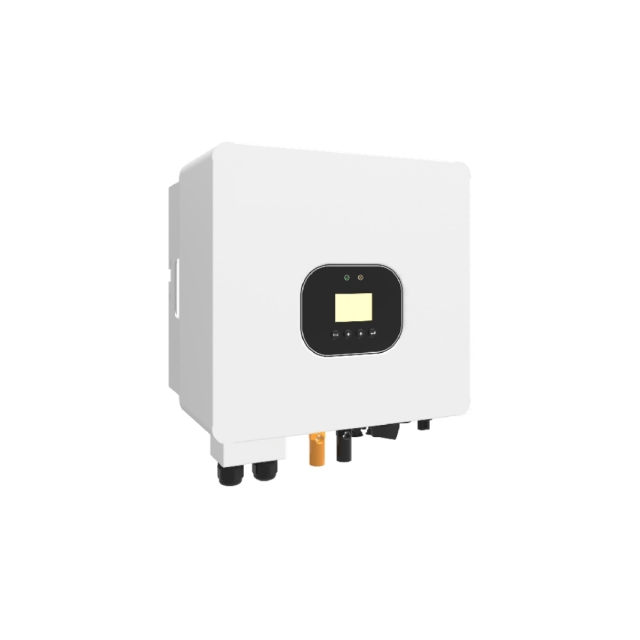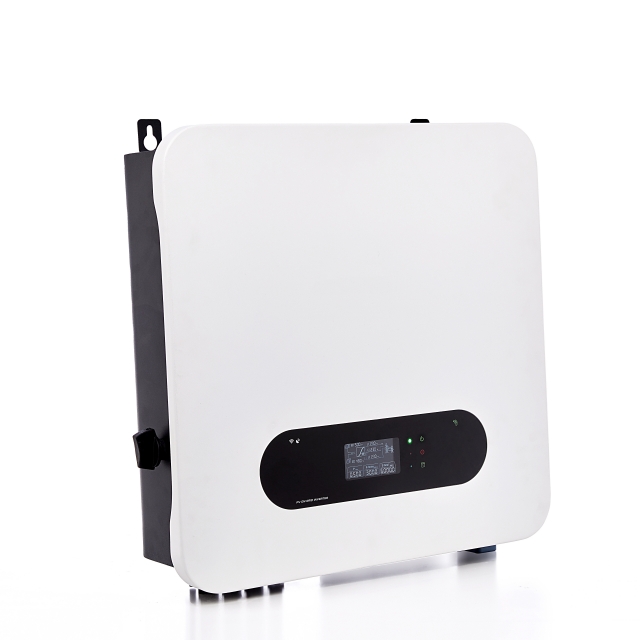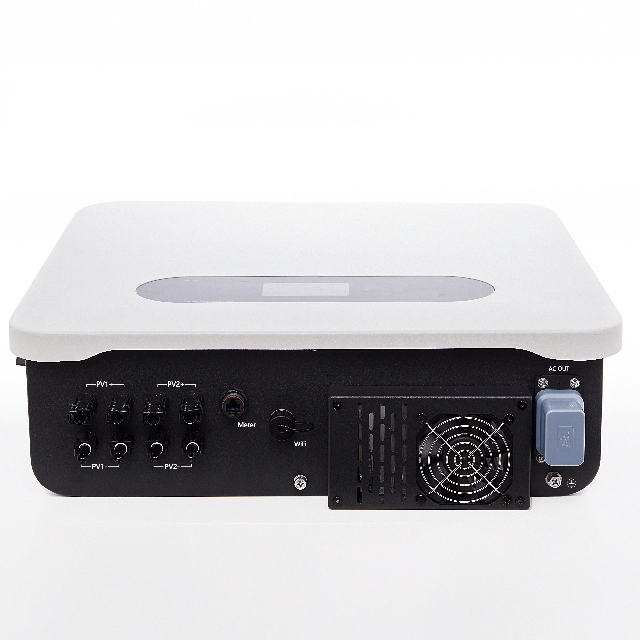Author:BLD Solar Energy SystemFROM:Solar System Converter Manufacturer TIME:2023-12-19
The market for hybrid inverter systems in the solar photovoltaic (PV) industry has been growing rapidly in recent years. Hybrid inverters play a crucial role in integrating solar energy with other renewable or traditional power sources. This article aims to provide a comprehensive analysis of the market trends, growth drivers, and challenges faced by the hybrid inverter systems industry.

The global hybrid inverter systems market has witnessed significant growth in the past few years and is expected to continue expanding in the forecast period. According to a report by MarketsandMarkets, the market was valued at $1.75 billion in 2020 and is projected to reach $3.27 billion by 2025, growing at a CAGR of 13.3%.
This growth can be attributed to several factors. Firstly, the increasing focus on renewable energy generation and sustainability is driving the adoption of hybrid inverter systems. Governments and organizations worldwide are promoting the use of solar PV systems as part of their renewable energy targets, creating a favorable market environment for hybrid inverter systems. Additionally, the declining costs of solar PV modules and batteries have made h

Several key trends are shaping the hybrid inverter systems market. One important trend is the integration of advanced technologies such as artificial intelligence (AI) and Internet of Things (IoT). AI algorithms are being used to optimize the operation of hybrid systems, enabling better control and management of energy flows. IoT-enabled monitoring and control systems allow users to remotely monitor and manage their hybrid systems, enhancing convenience and efficiency.
Another trend is the adoption of modular designs in hybrid inverter systems. Modular systems offer flexibility in scaling up or down the capacity of the system based on user requirements. This modularity also enables easier maintenance and upgrades, reducing downtime and improving system performance.
Furthermore, there is a growing demand for hybrid inverter systems with energy storage capabilities. Energy storage allows users to store excess solar energy during the day and utilize it during periods of low solar irradiance or high energy demand. This enhances the re

Despite the positive market outlook, the hybrid inverter systems industry faces several challenges. One major challenge is the lack of standardized regulations and policies governing the integration of hybrid systems into existing power grids. The variability of renewable energy sources like solar PV poses technical and regulatory challenges for grid operators. However, as the industry matures and policymakers focus on grid modernization, opportunities for regulatory frameworks that support the seamless integration of hybrid systems are expected to emerge.
Another challenge is the limited awareness and understanding of hybrid inverter systems among end-users. Many customers are still unaware of the benefits and potential savings offered by these systems. Education and awareness campaigns are essential to promote the adoption of hybrid inverter systems and drive market growth.
In conclusion, the hybrid inverter systems market is poised for significant growth in the coming years. Increasing renewable energy targets, declining costs, and technological advancements are driving market expansion. While challenges exist, such as regulatory frameworks and awareness, addressing these issues presents opportunities for further market development. As the world transitions towards cleaner and more sustainable energy sources, hybrid inverter systems will continue to play a vital role in ensuring efficient and reliable integration of solar energy into the power grid.
